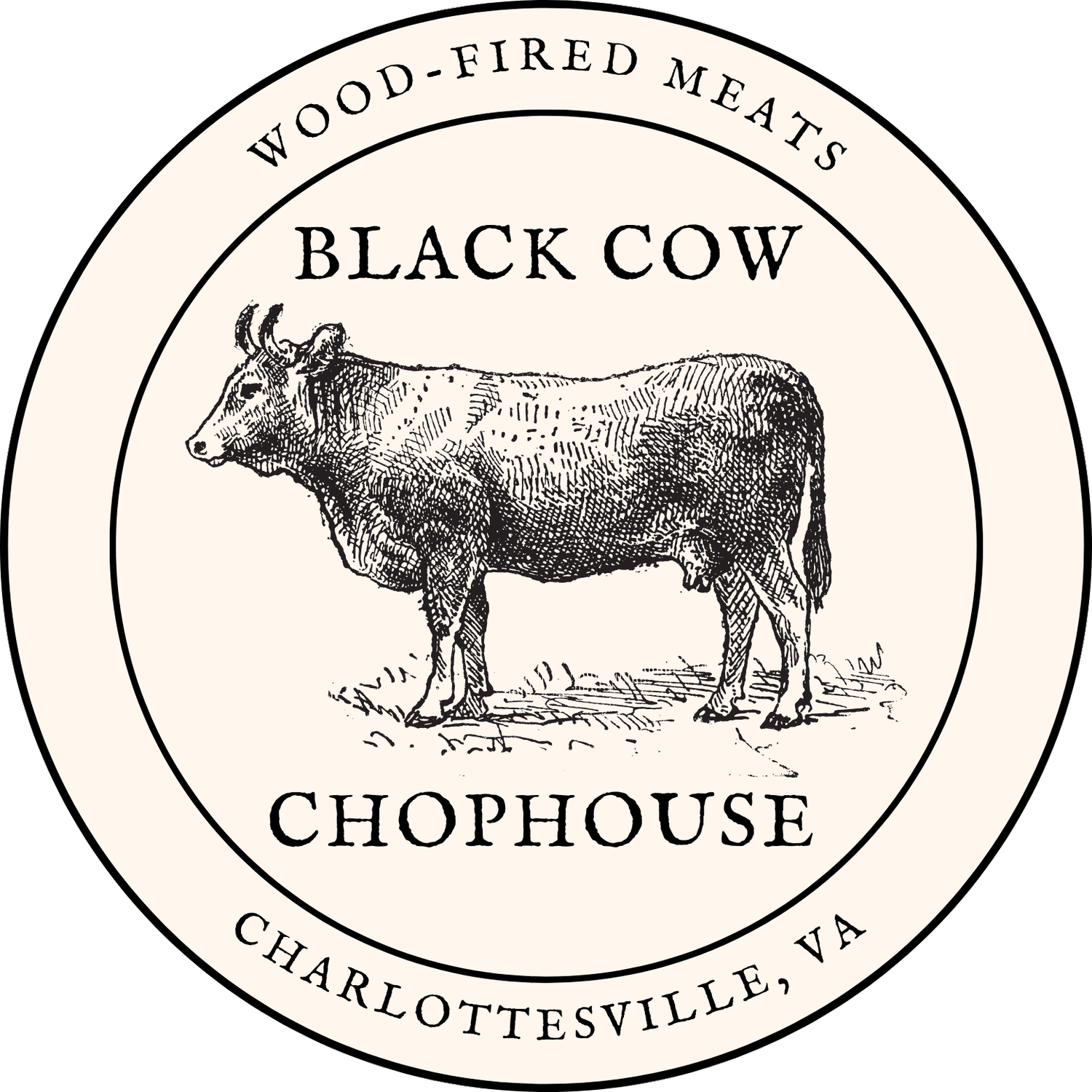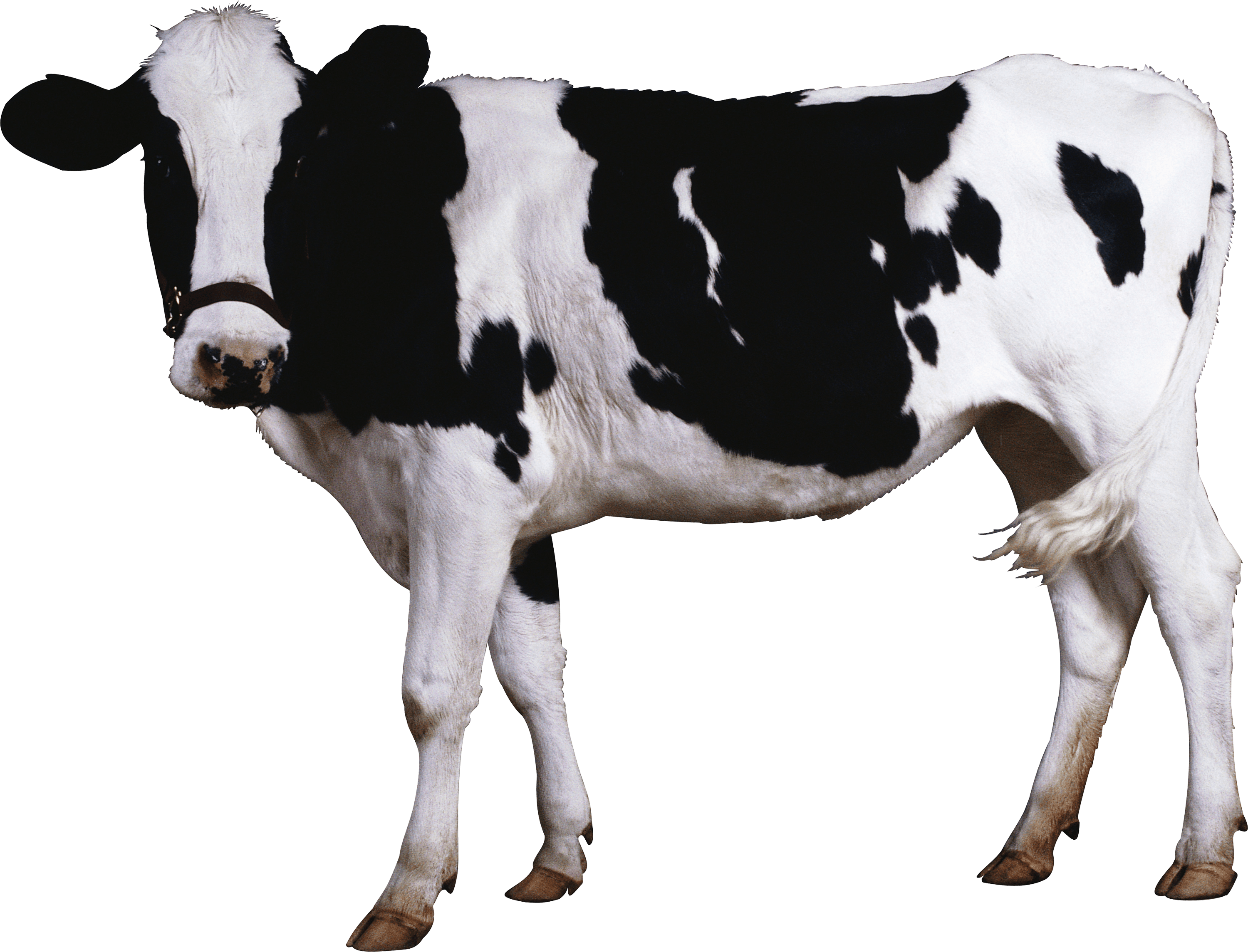There's something undeniably intriguing about the black cow. It's not just an animal; it's a symbol, a story, and a cultural phenomenon. Whether you're a farmer, a nature enthusiast, or someone who appreciates the beauty of these majestic creatures, the black cow holds a special place in our collective imagination. Picture this: a pitch-black coat, piercing eyes, and a serene presence that commands respect. The black cow is more than just livestock; it's a testament to nature's diversity and complexity.
Now, let's talk about why the black cow matters. Sure, it's not as flashy as a unicorn or as fearsome as a lion, but its quiet strength and adaptability make it a fascinating subject. From ancient myths to modern farming practices, the black cow has played a crucial role in human history. And trust me, there's so much more to discover about these incredible animals.
So, if you're ready to dive deep into the world of black cows, you're in for a treat. We'll explore their history, their significance, and even some fun facts that'll make you appreciate them even more. Grab a cup of coffee, or maybe a glass of milk (preferably from a black cow), and let's get started.
Read also:Crest Nissan Your Ultimate Guide To Luxury And Performance
Table of Contents
- The Rich History of the Black Cow
- Myths and Legends Surrounding Black Cows
- The Biology of Black Cows
- Black Cows in Modern Farming
- Nutritional Value of Black Cow Milk
- Cultural Significance of Black Cows
- Conservation Efforts for Black Cows
- Different Breeds of Black Cows
- Economic Impact of Black Cows
- The Future of Black Cows
The Rich History of the Black Cow
Back in the day, black cows were more than just farm animals. They were considered sacred in many cultures. Ancient Egyptians, for instance, worshipped the goddess Hathor, who was often depicted with a cow's head. And guess what? Some of those depictions featured black cows! It's like they knew something special about these creatures way before we did.
Fast forward to medieval Europe, and you'll find that black cows were often associated with witchcraft. Crazy, right? People back then thought that anything black was automatically evil. But hey, that just adds to the mystique of the black cow. Over time, we've come to understand that these cows are not only harmless but incredibly valuable.
Today, black cows are celebrated for their resilience and adaptability. They thrive in various climates and conditions, making them a favorite among farmers worldwide. It's like they were designed to survive and thrive, no matter what life throws at them.
Myths and Legends Surrounding Black Cows
Let's talk about the myths, shall we? There's this one tale from Scotland where black cows were believed to be guardians of hidden treasures. Yeah, you read that right. People thought that if you stumbled upon a black cow in the woods, it might lead you to a chest full of gold. Now, I don't know about you, but I'd definitely follow a black cow if it promised me riches!
Then there's the legend of the "Black Shuck," a ghostly black dog that supposedly roamed the English countryside. Some versions of the story say that the Black Shuck was actually a black cow in disguise. Spooky, right? These stories might seem far-fetched, but they show how deeply intertwined black cows are with our cultural imagination.
And let's not forget the Native American tribes who saw black cows as symbols of prosperity and abundance. They believed that these animals brought good fortune to their communities. So, whether you're into treasure hunting or just appreciate a good story, the myths surrounding black cows are definitely worth exploring.
Read also:Toyota Temecula Your Ultimate Guide To The Best Car Buying Experience
The Biology of Black Cows
Now, let's get scientific for a moment. What makes a black cow, well, black? It all comes down to genetics, baby. The black coloration is caused by a specific gene called the MC1R gene. This gene is responsible for producing eumelanin, the pigment that gives black cows their signature color.
But here's the thing: not all black cows are created equal. Some have a glossy black coat, while others have a more matte finish. It all depends on their genetic makeup and the environment they live in. And let's not forget about those adorable black calves. They're like little bundles of joy with their tiny black horns and curious eyes.
If you're a biology buff, you'll love learning about the unique traits of black cows. They have a higher tolerance to heat, which makes them perfect for warmer climates. Plus, their dark coats help them blend in with their surroundings, keeping them safe from predators. It's like nature gave them a superpower!
Black Cows in Modern Farming
When it comes to farming, black cows are the real MVPs. They're known for their high milk production and excellent meat quality. Farmers love them because they're easy to manage and adapt well to different farming practices. Whether you're running a small family farm or a large-scale operation, black cows are a smart investment.
One of the coolest things about black cows is their ability to thrive in diverse environments. From the rolling hills of Ireland to the scorching deserts of Africa, these cows can handle it all. They're like the superheroes of the animal kingdom, tackling whatever challenges come their way.
And let's talk about sustainability. Black cows are often raised using eco-friendly farming practices, which is great for the environment. Farmers are increasingly turning to organic and grass-fed methods to ensure that these cows live happy, healthy lives. It's a win-win for everyone involved!
Nutritional Value of Black Cow Milk
Alright, let's talk about the good stuff: milk. Black cow milk is not only delicious but also packed with nutrients. It's a great source of calcium, protein, and essential vitamins like B12 and D. And if you're looking to boost your immune system, black cow milk has got you covered.
But here's the kicker: black cow milk is also easier to digest for some people. It contains a protein called A2 beta-casein, which is less likely to cause digestive issues compared to the A1 protein found in other cow's milk. So, if you've ever had trouble with lactose intolerance, black cow milk might just be your new best friend.
And let's not forget about the taste. Black cow milk has a rich, creamy flavor that's hard to beat. Whether you're enjoying it straight from the glass or using it in your favorite recipes, you're in for a treat. So, next time you're at the grocery store, consider giving black cow milk a try. Your taste buds (and your body) will thank you!
Cultural Significance of Black Cows
Culturally, black cows hold a special place in many societies. In India, for example, cows are considered sacred, and black cows are often seen as symbols of prosperity and good fortune. They're even featured in religious ceremonies and festivals, showcasing their importance in the community.
In African cultures, black cows are often used in traditional rituals and ceremonies. They're seen as a symbol of strength and resilience, qualities that are highly valued in many African societies. And let's not forget about the Maasai people, who rely on cattle for their livelihood. Black cows are an integral part of their culture and way of life.
Even in Western cultures, black cows have made their mark. They've been featured in countless books, movies, and artworks, capturing the imagination of people around the world. It's like they have this universal appeal that transcends cultural boundaries. So, whether you're from India, Africa, or the United States, chances are you've encountered a black cow in some form or another.
Conservation Efforts for Black Cows
Now, let's talk about the not-so-happy side of things. While black cows are incredibly resilient, they still face challenges in the modern world. Habitat loss, climate change, and industrial farming practices are just a few of the threats they face. That's why conservation efforts are more important than ever.
Organizations around the world are working hard to protect black cows and their habitats. From creating sanctuaries to promoting sustainable farming practices, there are many ways to ensure that these amazing animals thrive for generations to come.
And here's the best part: you can get involved too! Whether you're supporting a local conservation group or simply choosing to buy products from sustainable farms, every little bit helps. It's like a global effort to protect these incredible creatures, and you can be a part of it.
Different Breeds of Black Cows
Did you know that there are many different breeds of black cows? Each one has its own unique characteristics and traits. For example, the Angus breed is known for its high-quality beef, while the Holstein breed is famous for its milk production. It's like a whole world of black cows waiting to be discovered!
And let's not forget about the exotic breeds. The Galloway breed, for instance, is native to Scotland and is known for its hardy nature. Then there's the Belted Galloway, which has a distinctive white belt around its middle. These cows are not only functional but also incredibly beautiful.
So, whether you're a fan of beef or milk, there's a black cow breed out there for you. Each one brings something special to the table, making the world of black cows even more fascinating.
Economic Impact of Black Cows
From an economic standpoint, black cows are a powerhouse. They contribute significantly to the global economy, providing jobs and income for millions of people. Whether it's through dairy farming, beef production, or even tourism, black cows play a crucial role in many industries.
In fact, the black cow industry is worth billions of dollars worldwide. From small family farms to large-scale operations, these cows are a vital part of the agricultural economy. And as demand for organic and sustainably produced goods continues to grow, the importance of black cows is only set to increase.
So, the next time you enjoy a glass of milk or a juicy steak, take a moment to appreciate the hardworking black cows that made it all possible. They're not just animals; they're economic powerhouses that keep the world turning.
The Future of Black Cows
Looking to the future, the outlook for black cows is bright. With advancements in technology and farming practices, we're seeing more sustainable and efficient ways to raise these incredible animals. From precision farming to genetic research, the possibilities are endless.
And let's not forget about the growing demand for organic and grass-fed products. As more people become aware of the benefits of sustainable farming, the demand for black cow products is only set to increase. It's like a perfect storm of opportunity for these amazing animals.
So, whether you're a farmer, a consumer, or just someone who appreciates the beauty of nature, the future of black cows is something to be excited about. They're not just animals; they're a symbol of hope and progress for generations to come.
Kesimpulan
In conclusion, the black cow is more than just an animal. It's a symbol of resilience, adaptability, and cultural significance. From ancient myths to modern farming practices, black cows have played a crucial role in human history. And as we look to the future, their importance is only set to grow.
So, next time you see a black cow, take a moment to appreciate its beauty and significance. Whether you're enjoying a glass of milk, a delicious steak, or simply marveling at its majestic presence, remember that black cows are truly remarkable creatures. And hey, why not share this article with your friends and family? Let's spread the word about the incredible world of black cows!


